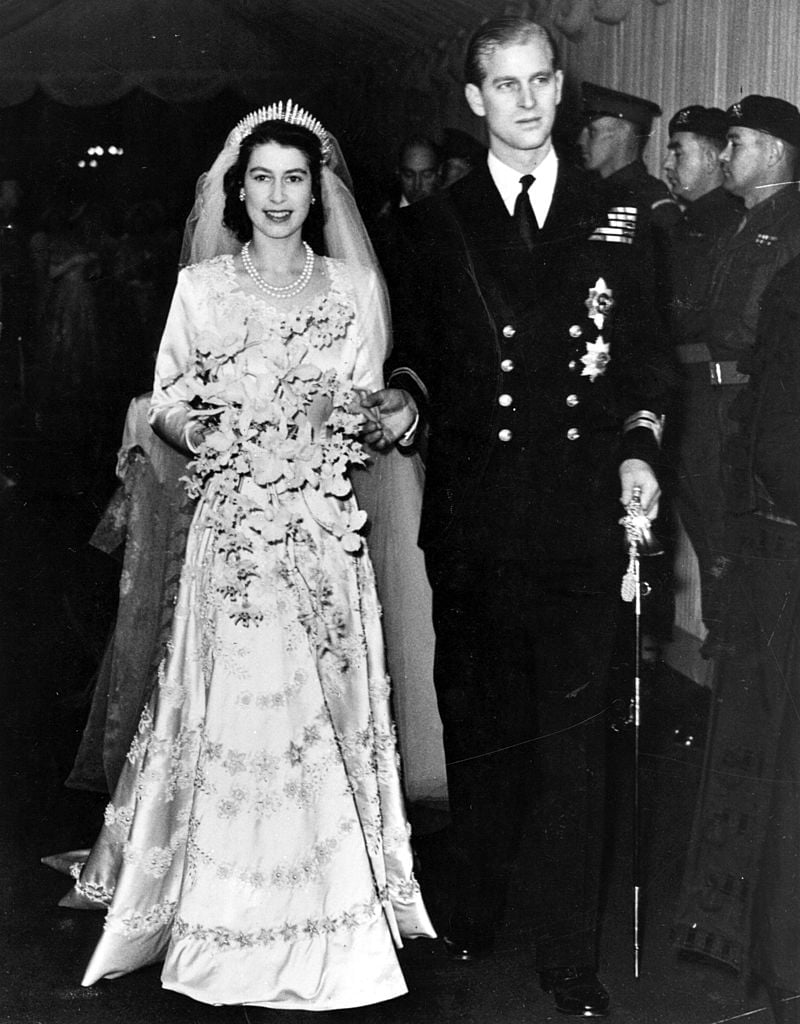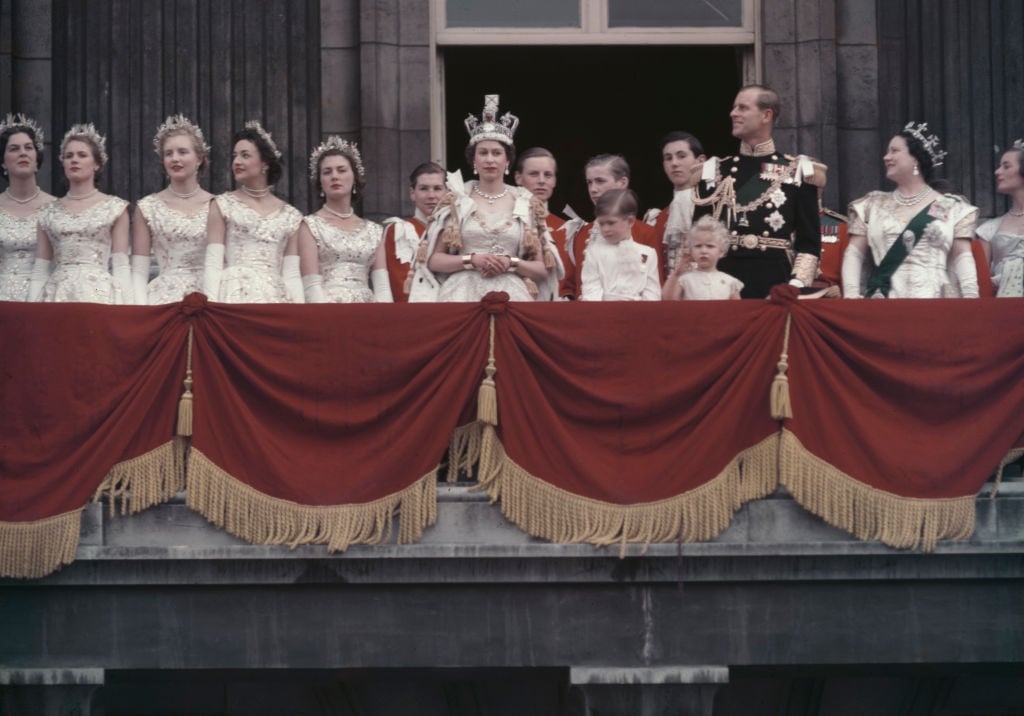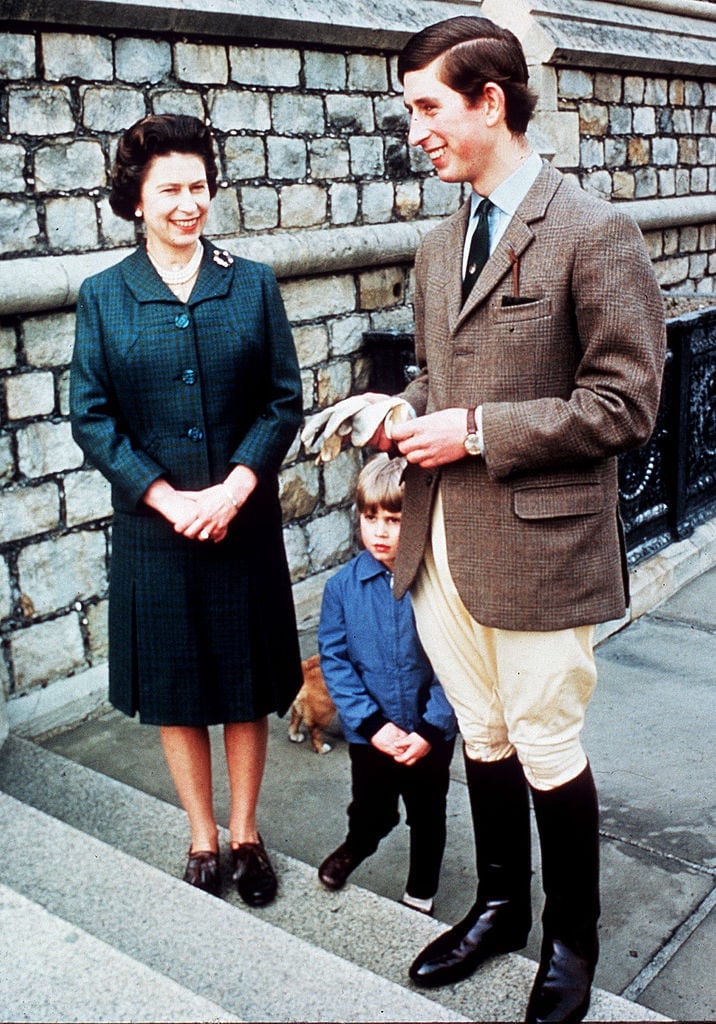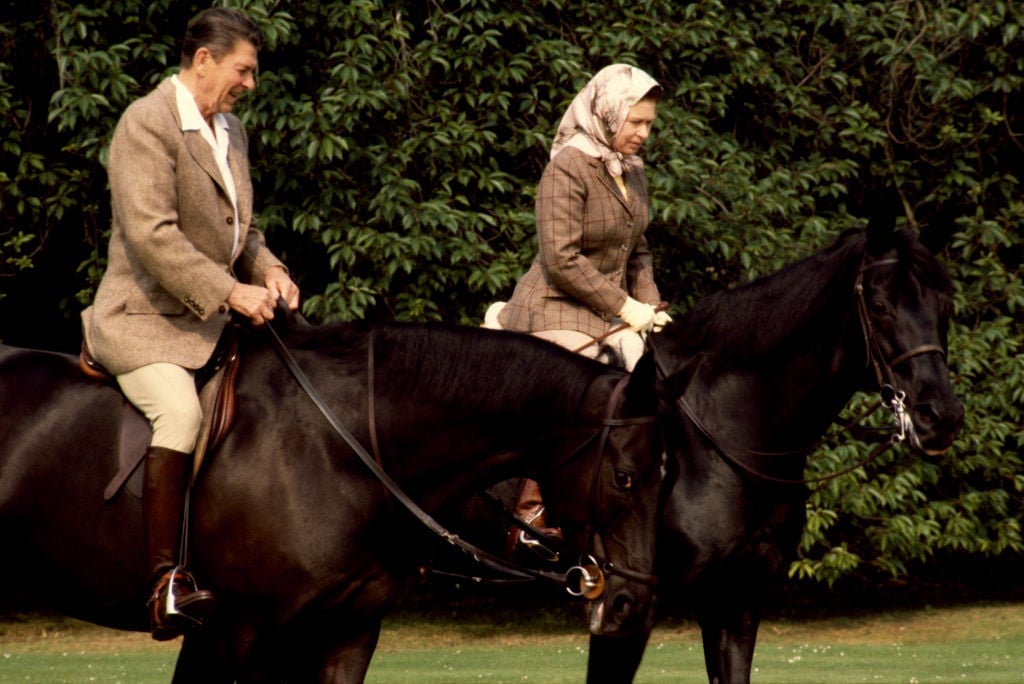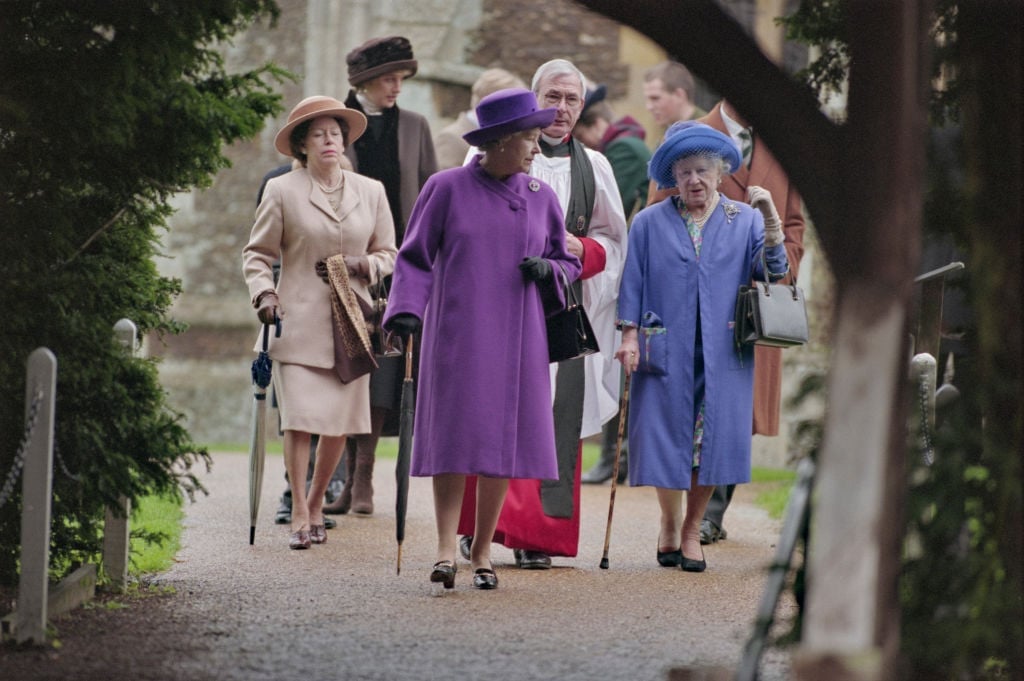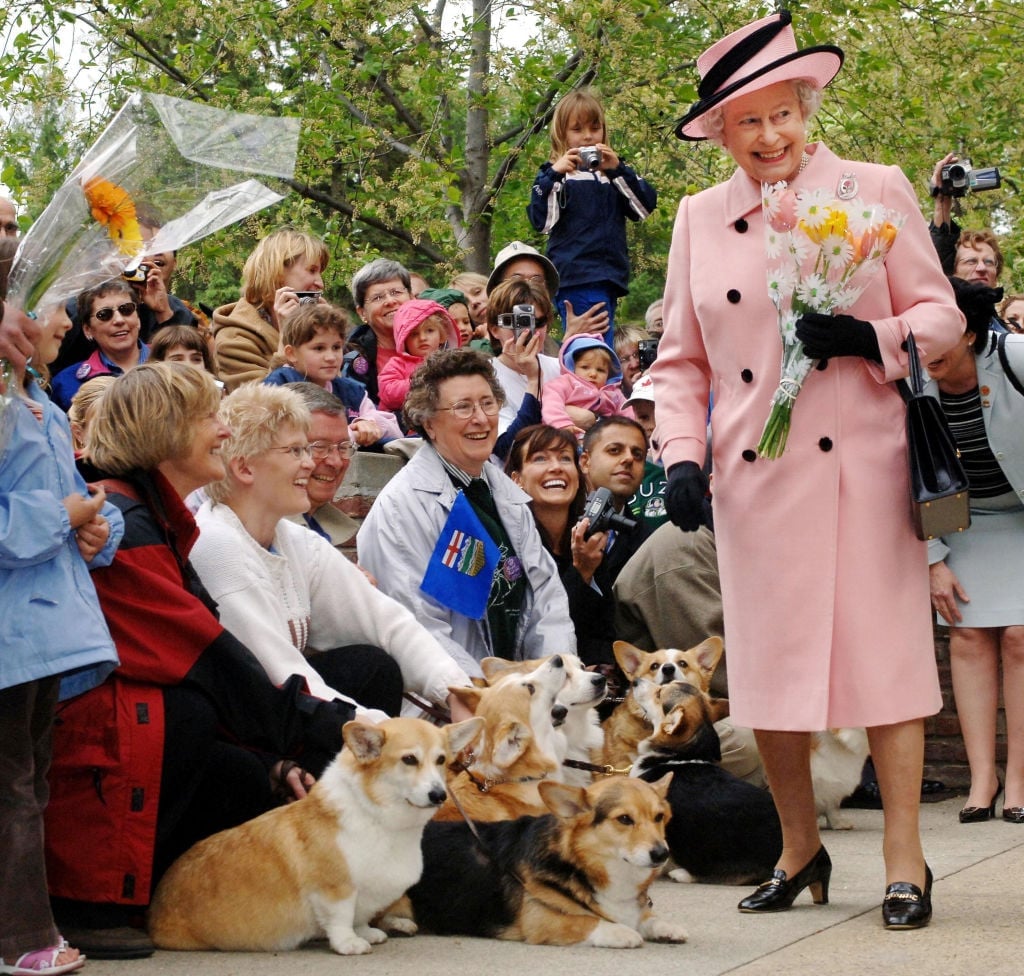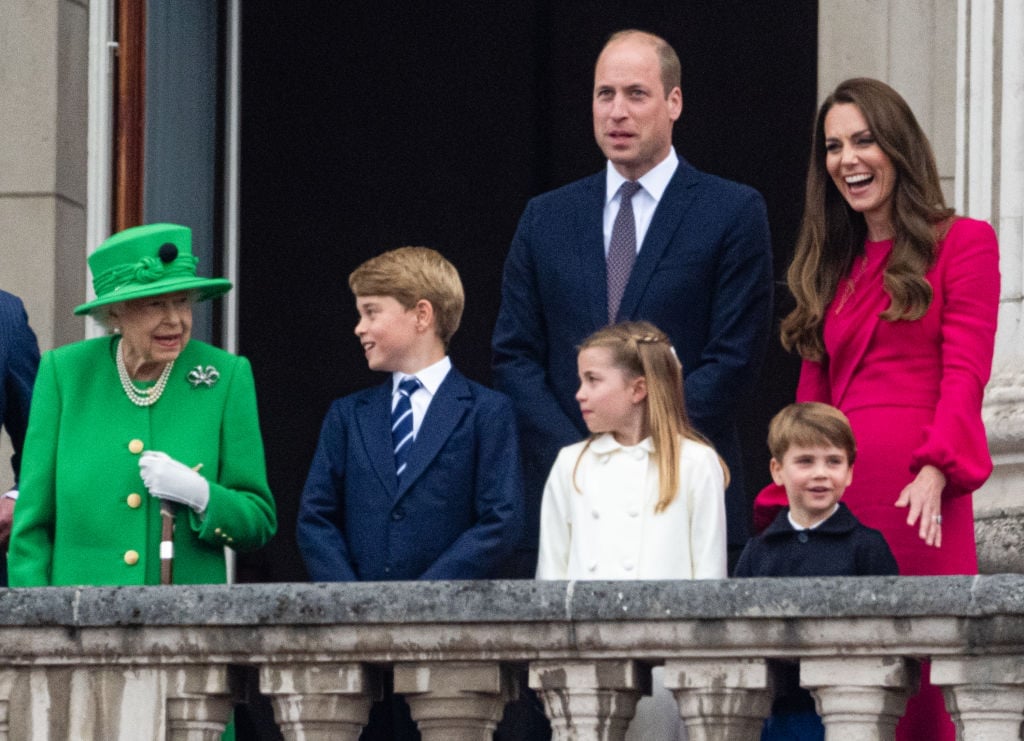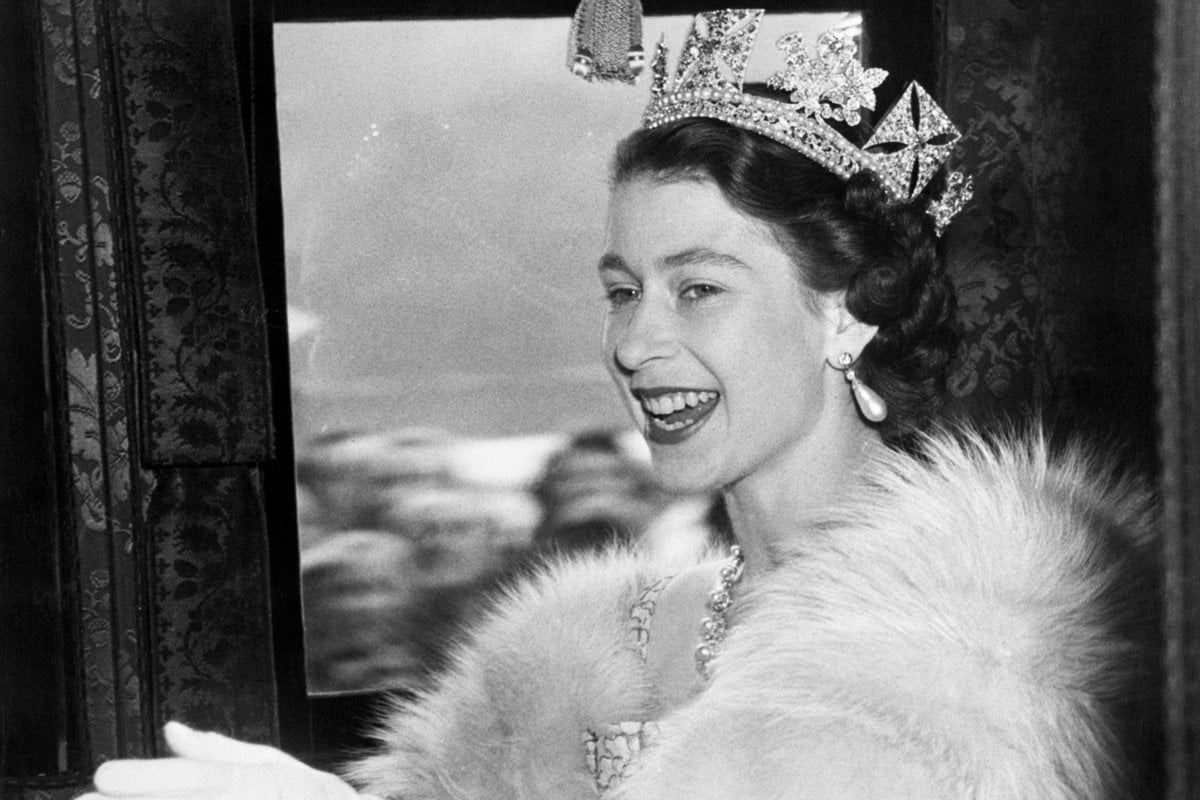
I’ve long been a fan of the Queen and her unwavering love of a twin-set, but more than that, I’ve had admiration for a woman who worked for over 70 years in dutiful service to her country.
News of her passing kept me up through the early hours of this morning, perhaps it resulted from access she had given us to her life over decades, the comfort in knowing she was reuniting with the Duke of Edinburgh, or the profound loss that any of us feel when someone we care about passes away.
"Grief," as the Queen so poetically verbalised it, "is the price we pay for love." I think many of us loved her, as an extension of our families, as a link to another world, as a connection to the old guard.
Today, like many others who grew up watching her in our living rooms, I feel a sense of loss, an end to a chapter, a bittersweet finale to a person we felt we knew.
Queen Elizabeth was a pioneer for women; becoming a girl guide in 1937 and picking up studies at Eton college at 13.
On her 16th birthday, she carried out her first public engagement when she inspected the Grenadier Guards, as colonel-in-chief. A 16-year-old female, in charge of an army of men.
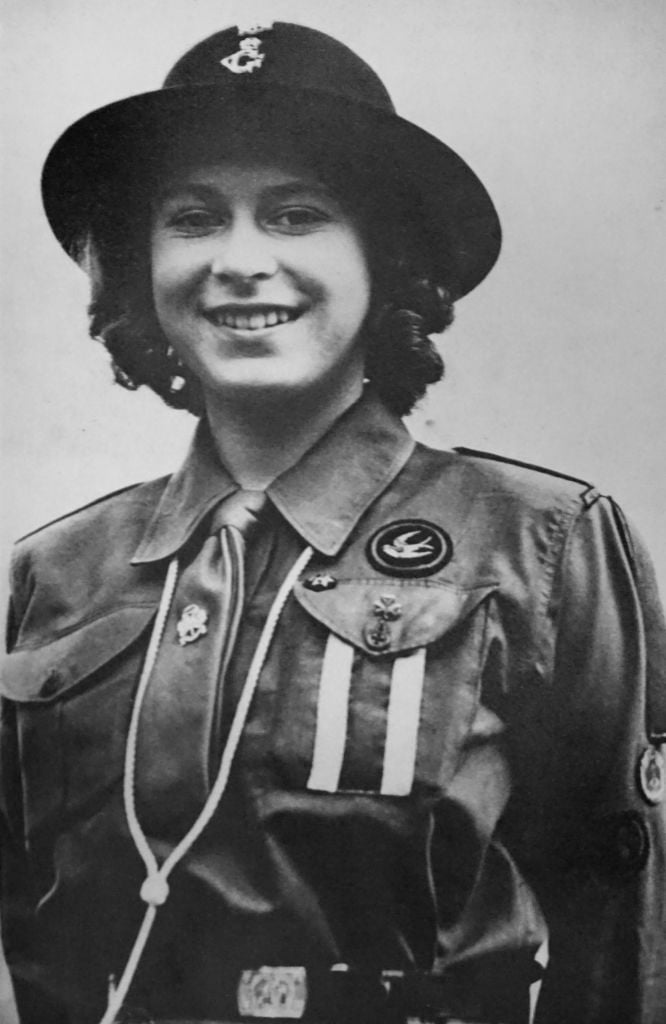 A young Princess Elizabeth at a girl guide camp at Frogmore, Windsor. Image: Getty.
A young Princess Elizabeth at a girl guide camp at Frogmore, Windsor. Image: Getty.

